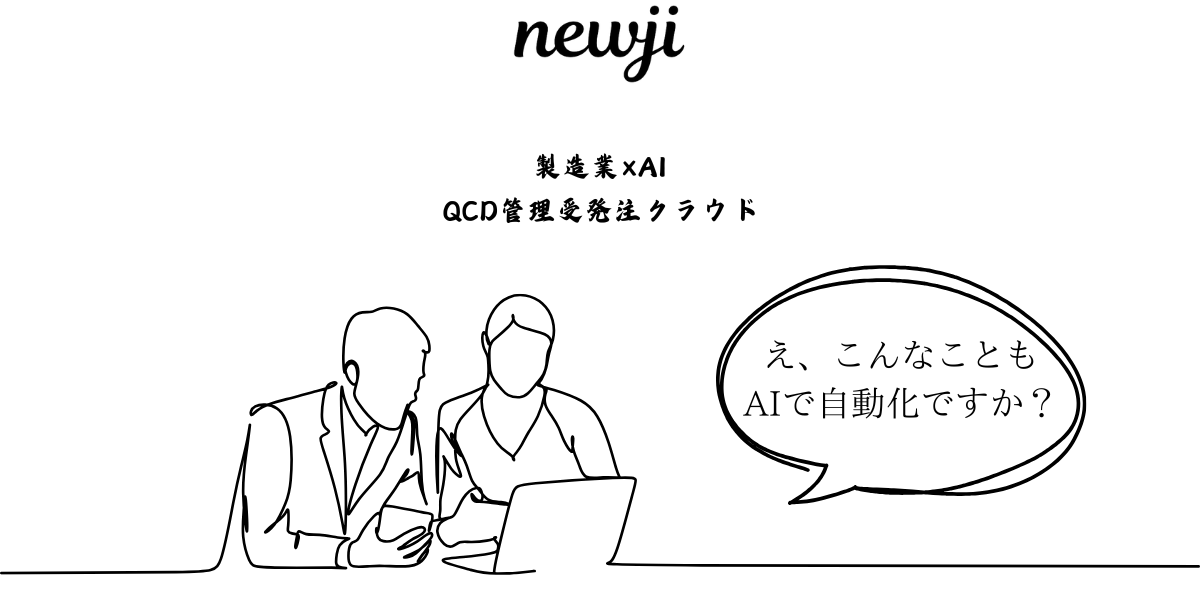- お役立ち記事
- CSM (Customer Satisfaction Management) and tips for strengthening customer response skills that service engineers should learn
月間76,176名の
製造業ご担当者様が閲覧しています*
*2025年3月31日現在のGoogle Analyticsのデータより

CSM (Customer Satisfaction Management) and tips for strengthening customer response skills that service engineers should learn

目次
Understanding Customer Satisfaction Management (CSM)
Customer Satisfaction Management (CSM) is an essential component of any successful business strategy.
It focuses on meeting and exceeding customer expectations to foster loyalty and build lasting relationships.
CSM involves collecting feedback, analyzing customer interactions, and implementing strategies to improve the overall customer experience.
By mastering CSM, companies can ensure customer satisfaction and, ultimately, drive business growth.
Effective CSM requires a comprehensive approach that considers every touchpoint between a customer and the business.
This includes everything from initial contact and communication to product delivery and post-purchase support.
By studying customer behavior and gathering insights, companies can identify areas that need improvement and make necessary adjustments to meet customer needs.
The Importance of Customer Satisfaction
Customer satisfaction is a critical determinant of a company’s success.
Satisfied customers are more likely to return for repeat business, refer others to the company, and provide positive reviews and feedback.
In contrast, dissatisfied customers can harm a company’s reputation and lead to a decline in sales and profitability.
CSM allows companies to proactively address issues and concerns, preventing potential problems from escalating.
This proactive approach not only helps in retaining existing customers but also attracts new ones.
Additionally, by actively managing customer satisfaction, companies can differentiate themselves from competitors, providing a unique value proposition.
Service Engineers and Customer Response Skills
Service engineers play a pivotal role in shaping customer satisfaction.
They are often the frontline representatives of a company, directly interacting with customers to address their technical needs and concerns.
Strengthening customer response skills is crucial for service engineers, as it directly impacts how customers perceive a company’s service quality.
To excel in CSM, service engineers should possess a blend of technical expertise and exceptional communication skills.
Their ability to diagnose technical issues accurately and communicate solutions effectively contributes significantly to overall customer satisfaction.
Service engineers must also learn to manage customer expectations and maintain a positive attitude, even in challenging situations.
Key Customer Response Skills for Service Engineers
1. **Active Listening:**
Service engineers should practice active listening to understand customers’ issues fully.
By giving the customer their undivided attention and acknowledging their concerns, engineers can gather important information to diagnose and solve problems efficiently.
2. **Effective Communication:**
Clear and concise communication is vital.
Service engineers should explain technical issues and solutions in a way that is easy for customers to understand, avoiding jargon and technical terms unless necessary.
3. **Empathy and Patience:**
Demonstrating empathy and patience helps in building rapport with customers.
Understanding their frustrations and showing a willingness to help can turn a potentially negative experience into a positive one.
4. **Problem-Solving Skills:**
Service engineers should have strong problem-solving skills to identify the root cause of issues quickly.
They need to be resourceful and creative in finding solutions that meet the customer’s needs.
5. **Time Management:**
Efficient time management ensures timely responses to customer inquiries and reduces waiting periods.
Service engineers should prioritize tasks to resolve issues as quickly as possible.
Practical Tips for Enhancing Customer Response Skills
1. **Ongoing Training and Development:**
Regular training sessions can keep service engineers updated on the latest technologies and customer service techniques.
Encouraging continuous learning helps engineers adapt to changing customer expectations and industry trends.
2. **Role-Playing Exercises:**
Simulating real-life customer interactions through role-playing exercises can improve engineers’ interpersonal skills.
These exercises help engineers prepare for various scenarios, enhancing their ability to handle difficult situations calmly and efficiently.
3. **Feedback Mechanisms:**
Implementing feedback mechanisms allows service engineers to receive constructive criticism and identify areas for improvement.
Customer feedback can provide valuable insights into how well engineers are meeting customer expectations and where adjustments are needed.
4. **Collaboration with Other Departments:**
Encouraging collaboration between service engineers and other departments, such as sales and marketing, can provide a comprehensive understanding of customer needs.
This holistic approach helps in delivering a more cohesive and satisfactory customer experience.
5. **Utilizing Technology:**
Leveraging technology like Customer Relationship Management (CRM) systems can help service engineers track customer interactions and history efficiently.
This information allows for more personalized and effective customer service.
Conclusion
Customer Satisfaction Management (CSM) is a vital aspect of maintaining and growing a successful business.
Service engineers, as frontline representatives, have a significant impact on customer satisfaction.
By honing their customer response skills, service engineers can contribute to a positive customer experience, enhancing loyalty and trust.
With a focus on active listening, effective communication, empathy, problem-solving, and time management, service engineers can strengthen their interaction capabilities.
Regular training, feedback, collaboration, and the use of technology further bolster these skills, ensuring that customer interactions remain seamless and beneficial.
Ultimately, investing in CSM and enhancing customer response skills lead to higher customer retention rates and differentiates a company in a competitive market.
This effort not only meets customer expectations but also fosters long-term relationships that are mutually beneficial for both the company and its customers.
 資料ダウンロード
資料ダウンロード
QCD管理受発注クラウド「newji」は、受発注部門で必要なQCD管理全てを備えた、現場特化型兼クラウド型の今世紀最高の受発注管理システムとなります。
 ユーザー登録
ユーザー登録
受発注業務の効率化だけでなく、システムを導入することで、コスト削減や製品・資材のステータス可視化のほか、属人化していた受発注情報の共有化による内部不正防止や統制にも役立ちます。
 NEWJI DX
NEWJI DX
製造業に特化したデジタルトランスフォーメーション(DX)の実現を目指す請負開発型のコンサルティングサービスです。AI、iPaaS、および先端の技術を駆使して、製造プロセスの効率化、業務効率化、チームワーク強化、コスト削減、品質向上を実現します。このサービスは、製造業の課題を深く理解し、それに対する最適なデジタルソリューションを提供することで、企業が持続的な成長とイノベーションを達成できるようサポートします。
 製造業ニュース解説
製造業ニュース解説
製造業、主に購買・調達部門にお勤めの方々に向けた情報を配信しております。
新任の方やベテランの方、管理職を対象とした幅広いコンテンツをご用意しております。
 お問い合わせ
お問い合わせ
コストダウンが利益に直結する術だと理解していても、なかなか前に進めることができない状況。そんな時は、newjiのコストダウン自動化機能で大きく利益貢献しよう!
(β版非公開)









